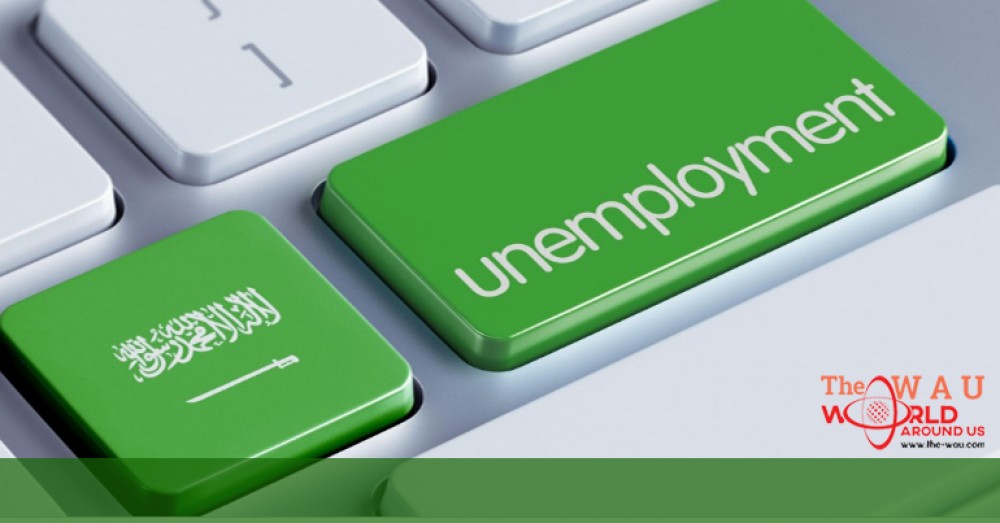The sweeping reforms promised by Saudi Crown Prince Mohammed Bin Salman’s Vision 2030 got an important boost and pledge of support by Saudi Prince Alwaleed bin Talal, Chairman of Kingdom Holding, who was once detained for 3 months following a November 2017 anti-corruption crackdown, and later released without divulging the type of deal he struck with probe officials.
“I was honored to meet with my brother HRH the Crown Prince and to discuss economic matters and the private sector’s future & role in #Vision2030 success,” he tweeted with a photograph of the royal cousins embracing in front of a desk.
“I shall be one of the biggest supporters of the Vision through @Kingdom_KHC & all its affiliates,” Prince Alwaleed added, referring to his international investment company, as reported by Reuters.
I was honoured to meet with my brother HRH the Crown Prince and to discuss economic matters and the private sector's future & role in #Vision2030 success.
— الوليد بن طلال (@Alwaleed_Talal) July 12, 2018
I shall be one of the biggest supporters of the Vision through @Kingdom_KHC & all its affiliates. pic.twitter.com/wgIBqR8E9D
Vision 2030 is Prince Mohammed’s scheme to wean the world’s top crude exporter off oil, but the far-reaching initiative is facing two uphill battles: Foreign direct investments (FDI) and an employment crisis.
FDI drying up
According to Business Insider (BI), hit hard by the oil-price collapse, the Saudi kingdom is now experiencing a plunge in foreign investment.
Nasdaq reported that FDI inflows shrank to $1.4 billion in 2017 from $7.5 billion in 2016, according to figures from the UN Conference on Trade and Development, and which fall in line with data published in recent weeks by the Saudi Central Bank.
Saudi reforms launched two years ago aim to boost FDI to $18.7 billion by 2020, in order to create and help diversify the economy beyond oil exports.
Expat exodus from Saudi
Hundreds of thousands of expatriates have been leaving Saudi Arabia as the economy stagnates and the authorities impose more fees on foreign workers, according to The Week, a UK based family of publications for global news.
According to April figures released by the Directorate General of Passports (Jawazat) in Riyadh, an average of more than 1,500 foreign workers have left the country daily since the Q4 2016.
“Dependents fees for lower-income expatriates, as well as greater efforts to nationalize the workforce, make it less economically opportune for foreign workers,” says John Sfakianakis, director of economic research at the Geneva-based Gulf Research Center, as reported by The Week.
Bloomberg reports that “the number of foreign workers, about one-third of the Saudi population, declined by 6% to 10.2 million in Q1 2018 compared with a year ago, taking the cumulative drop over the five past quarters to about 700,000”.
“Unemployment among Saudis has risen to 12.9%, amounting to 800,000 Saudis, which further emphasizes the struggle to create jobs as the economy recovers from the “worst economic slowdown since the financial crisis in 2009”, says Bloomberg
Saudization and job creation crisis
Under the National Transformation Plan 2020, a stage-setter for Saudi 2030 vision, Saudi targets an unemployment rate cut to 9%, by generating some 450,000 new private sector openings.
Companies who fail to hire Saudis in what is called Nitaqat or Saudisation, are subject to hiked up levies and restricting the sectors in which they can work.
BI said many areas of the retail and service industries are now strictly confined to Saudis.
“The measures are said to be driving the expat exodus, evident in the marked downturn in the rental real estate market and empty shopping malls,” said BI.
...[ Continue to next page ]
Share This Post















